7 Things Minimalists Throw Out Every Day for a Tidier Home — That You Should, Too
These things take mere moments to remove from your home but are a great start to having a tidier space
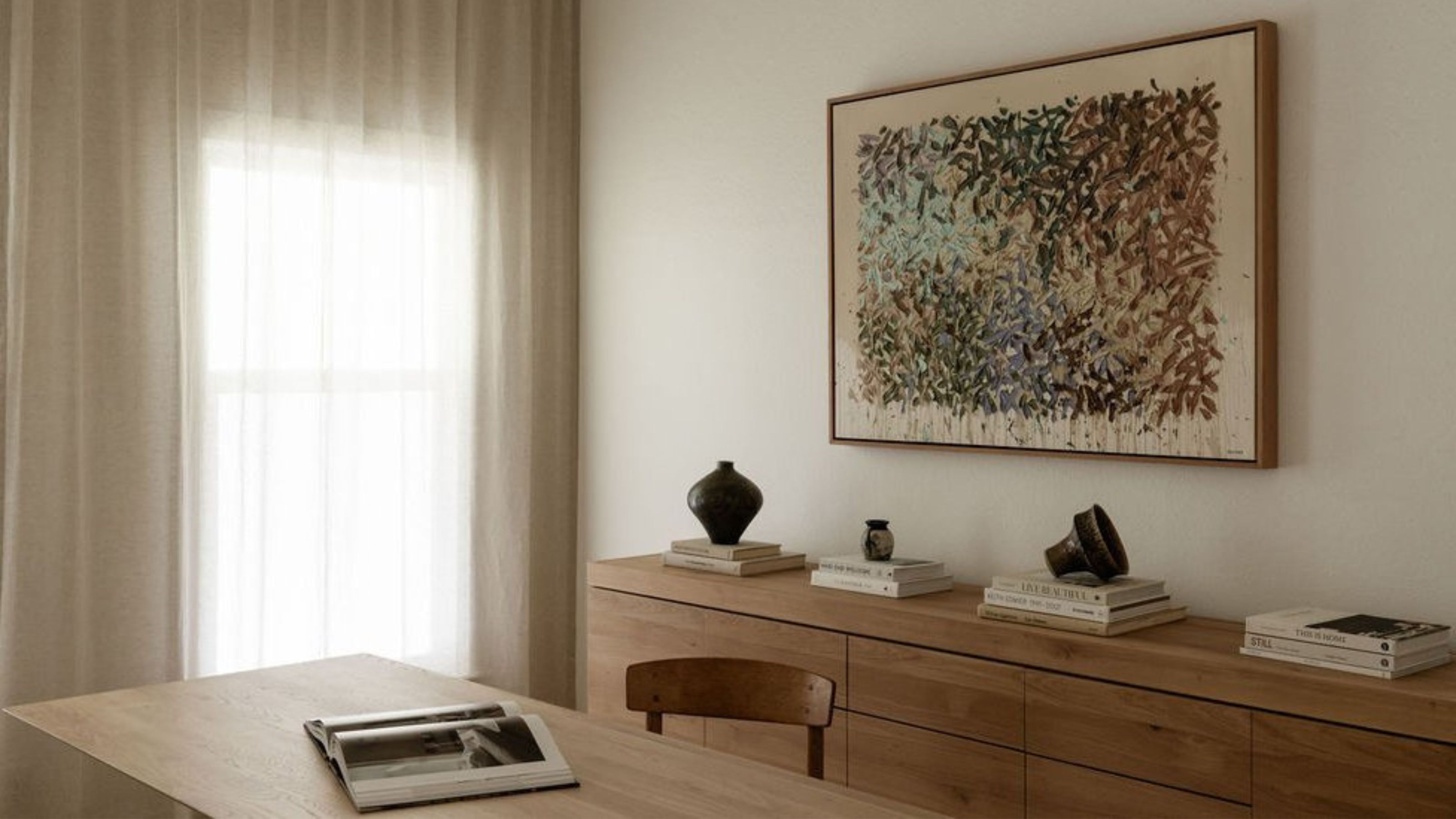

Living means many things, one of which is accumulating possessions. But when the number of items in your home begins to get out of hand, you can feel overwhelmed, stressed, and at a loss for what to do.
I've felt this way before, worried about letting my surplus stuff go in case I would have regrets. And learning about different ways to declutter my home has, in many ways, helped me remove excess baggage — but one of the main things I delved into while healing my relationship with 'stuff' was understanding minimalism.
Minimalists aren't people who live in deprivation; they're people who aspire to live with only what they truly need and desire. Sounds good, right? After talking to some minimalists and professional organizers, they shared seven things they throw out every day to maintain a tidy home. This could be just the place to start to encourage better clutter-culling habits in the long term and inspire you to bring forth those minimalist interior design ideas within your space. Without further ado, here's what the experts had to say about it.
1. Entryway Papers
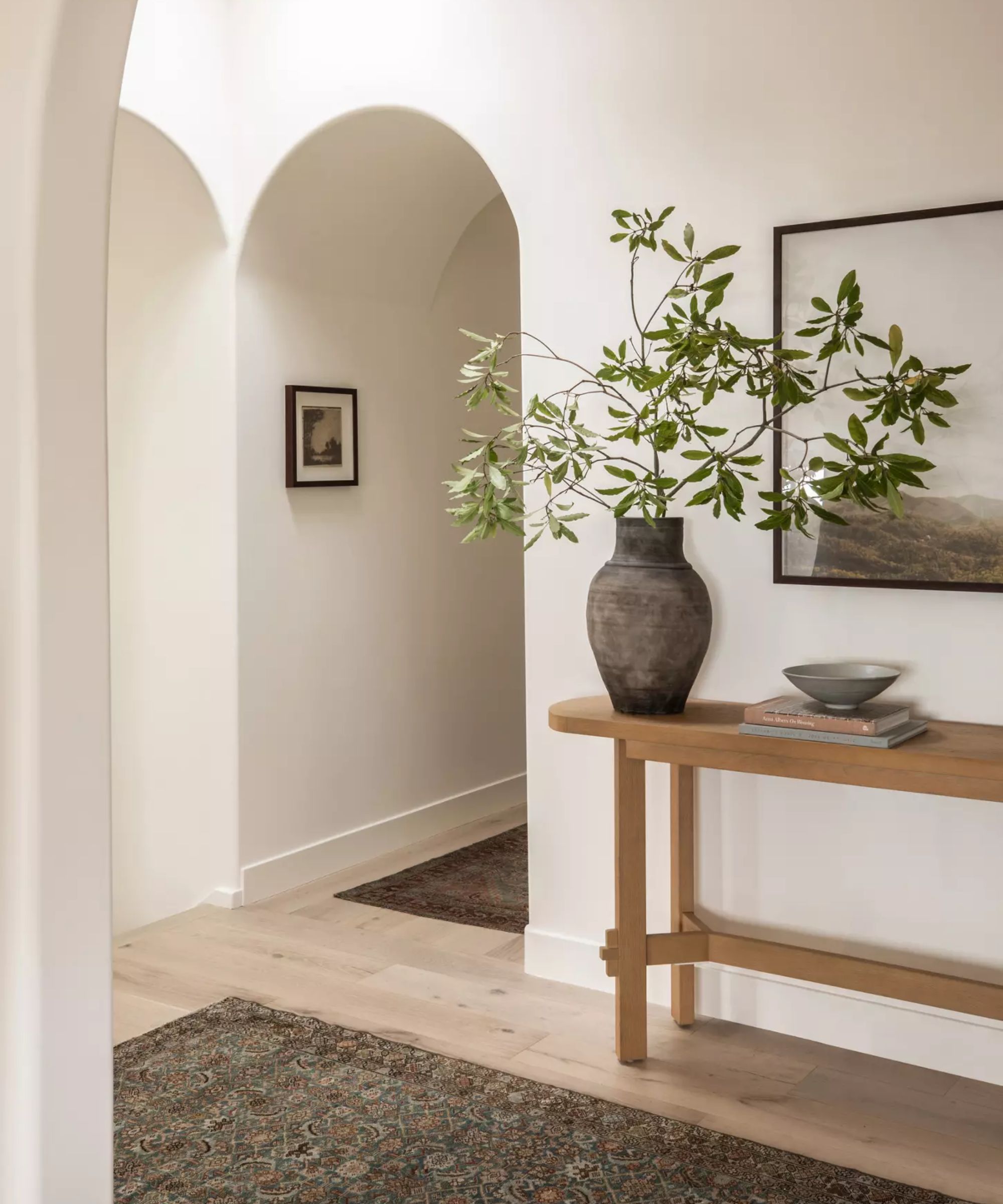
Takeaway menus, leaflets, and shopping magazines are some of the main culprits behind casual clutter accumulation in the average home. The reason why? In a lot of cases, we aren't actually the person responsible for bringing excess papers into the house — they make their way through the letter box and add up on their own.
Crystal Ellis, professional organizer and owner of Simplify With Purpose, says, "Paper could just be the worst culprit behind cluttering a home. It’s small, but over time, it accumulates into stacks and piles that no one wants to deal with. Stop it in its tracks by immediately recycling anything that is not an action item or important document. Even better, opt for digital and paperless as often as possible."
If you're busy during the week, we recommend investing in a simple paper "magic basket" like this Kazai Design Paper Bin from Amazon and placing it in your entryway to collect papers throughout the week. Then, on a designated day, such as Sunday, as part of your home's Sunday reset routine, go through the tray and empty it before a new week begins.
2. Broken Items You Know You Won't Fix
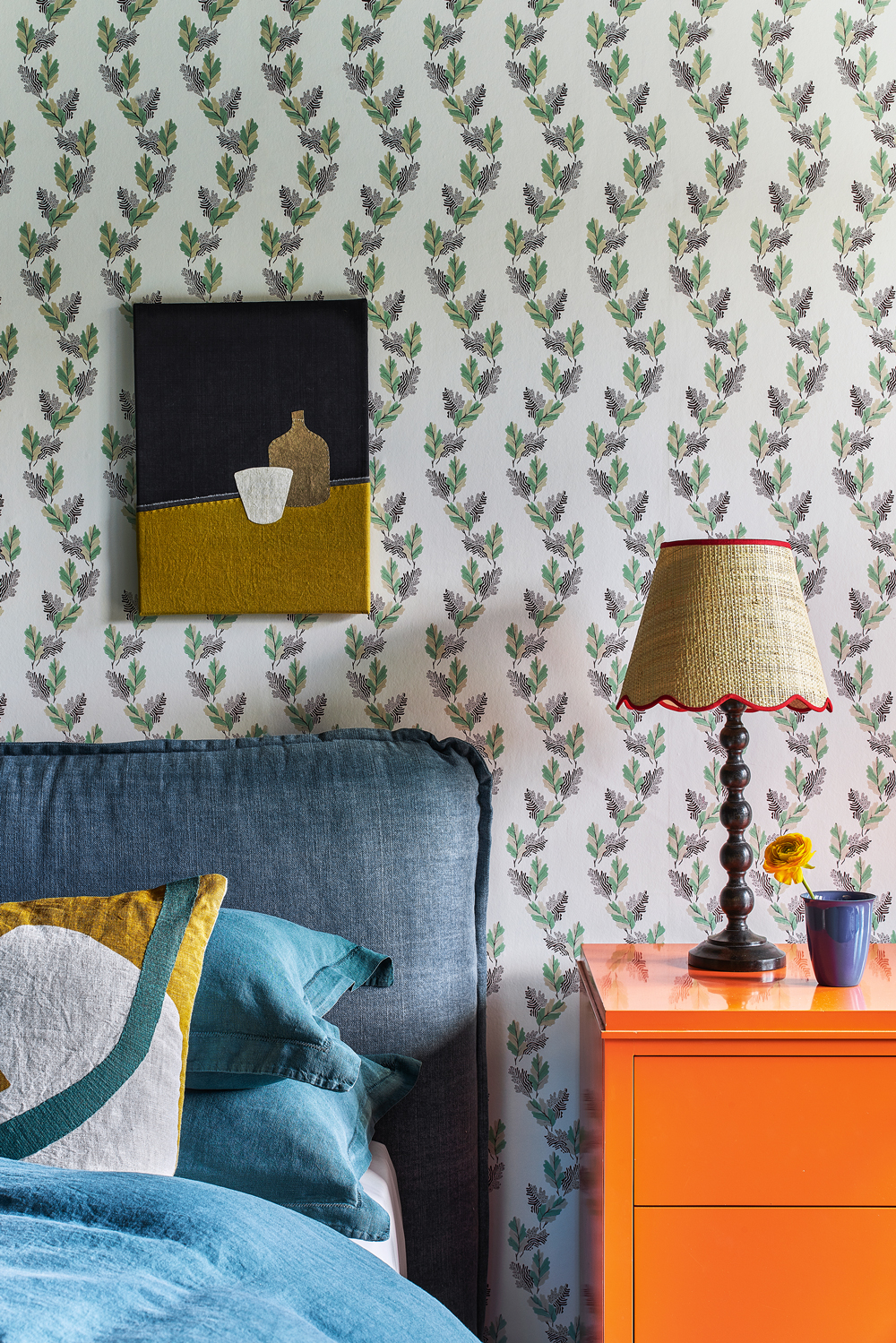
In our dreams, we can mend shattered bowls and glasses we adored, but it isn't practical and often isn't safe. For most people, the "fixing" is never going to happen, so it's probably time to let go of these things.
The Livingetc newsletters are your inside source for what’s shaping interiors now - and what’s next. Discover trend forecasts, smart style ideas, and curated shopping inspiration that brings design to life. Subscribe today and stay ahead of the curve.
If a minimalist breaks something they know deep down they aren't going to fix or don't love enough to pay someone else to fix it, they tend to let it go immediately. This frees up space in their home for a functioning replacement and helps to maintain items being of quality in their home.
"Look around your home," says Crystal. "If it’s been six months and you still haven’t fixed it, it’s time for it to go away. Now you can mark it off your to-do list and stop stressing about it."
3. Excess Office Supplies
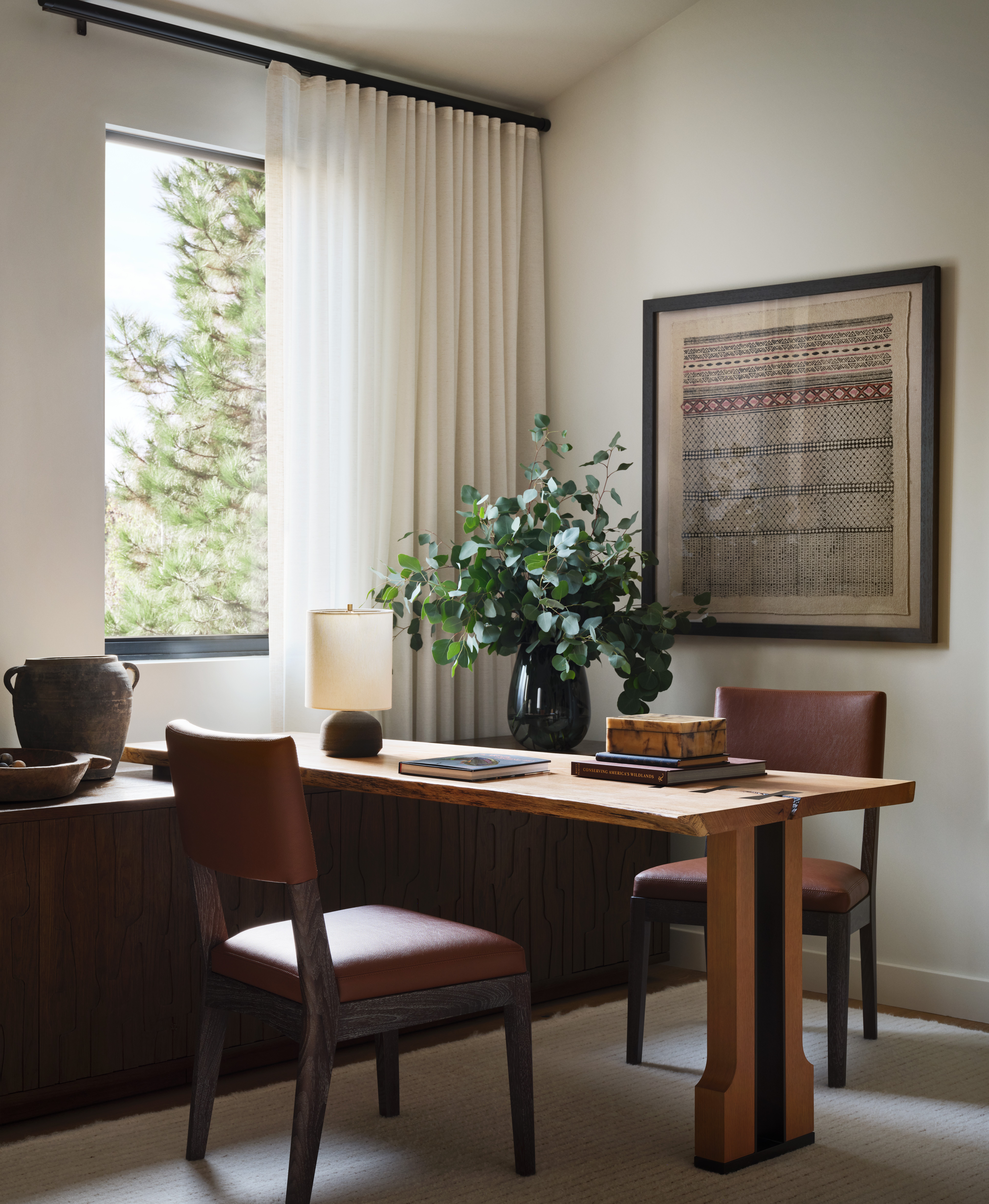
If a pen appears every time you open a drawer, cupboard, or car compartment, you're better off collecting them together and donating some elsewhere. In a minimalist home, there is a home for everything where possible, including home office supplies. So, if the amount of office supplies you own exceeds the amount you want and need and can comfortably store if you come across even more during day-to-day living, it's best to let them go.
"Do you really need 50 pens? 13 empty binders? 8 boxes of scotch tape refills? No. No, you don’t," says Crystal. "Your home does not need to be an office supply store. Gather up all your extra items that you won’t be using in the next 3-6 months and donate them to a local elementary school. The teachers will love you."
Using a pen pot or pencil case is an easy way to keep your office supplies together. If you'd prefer your items to be tucked away and categorized, consider a segmented organizer like the PUNCIA 4-Tier Office White Desk Organizer from Amazon. This way, you'll easily know where all of your supplies are and only have room for a certain amount, creating a clutter-preventing boundary. It's time to get your home office organization in check.

Crystal is the owner of Simplify With Purpose and a home simplifying expert. She has a degree in Home and Family Living, is the mother of six children, and is Becker Method Certified.
Crystal and her team are obsessed with simplifying homes so that instead of feeling overwhelmed with all the stuff, her clients can recharge, make memories, and become their best selves. Simplify With Purpose offers in-home organizing and virtual coaching.
4. Empty Product Boxes
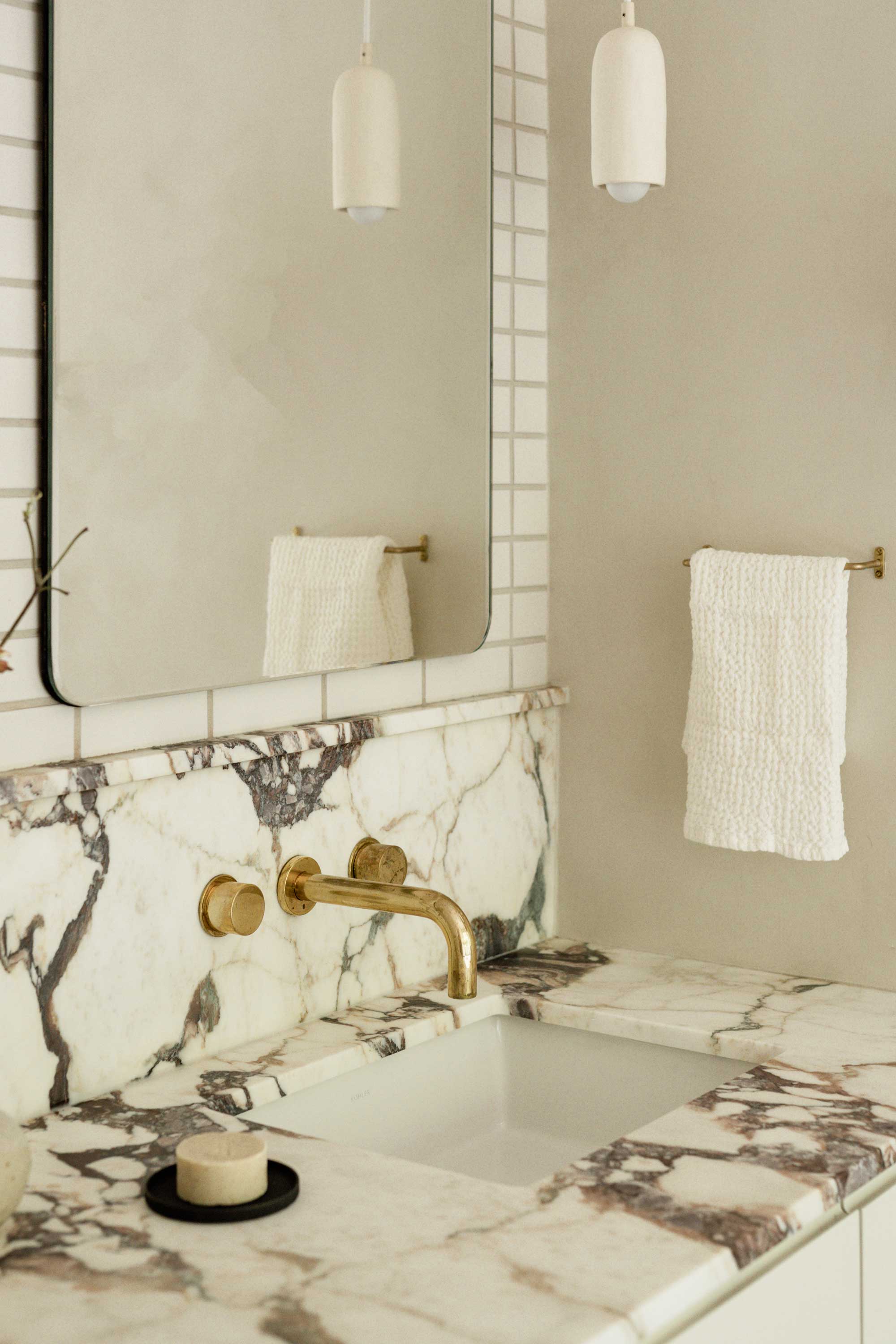
Especially if a person spends a significant amount of money on an item, they have a tendency to keep the product's box. It's true, and I'm no different: after about two years, I recycled the box my wax melter came in, and I still have the box that my stereo came in as a teenager.
Stop to ask yourself why you're holding onto empty product boxes and whether you really need them. If the item that came in the original packaging is something you return to its box when it's not in use, it'll make little difference whether keeping the box or not in terms of space-saving. But if you keep boxes as just-in-case items and they're producing visual clutter stacking up under your stairs or in the attic, it's a good idea to get into a daily habit of recycling empty product boxes as you go.
Jennifer Heard, certified minimalism coach, and the owner of Clean Sweep Consulting, says, "Old product boxes seem to accumulate in many homes — from fans to tea kettles, people love to save the original box in a different space than the item resides, making each item take up more than double the space truly needed. Unless you have something to go into the mail that day and need a handy box, let them go and recycle them appropriately."
Instead of keeping product boxes, we recommend investing in more reliable storage solutions, like the Wham 32L Underbed Storage Box from Dunelm. These boxes are airtight, won't be affected by mold or dampness like cardboard, and can neatly slide under your bed while protecting your stuff.
5. Odd or Damaged Socks
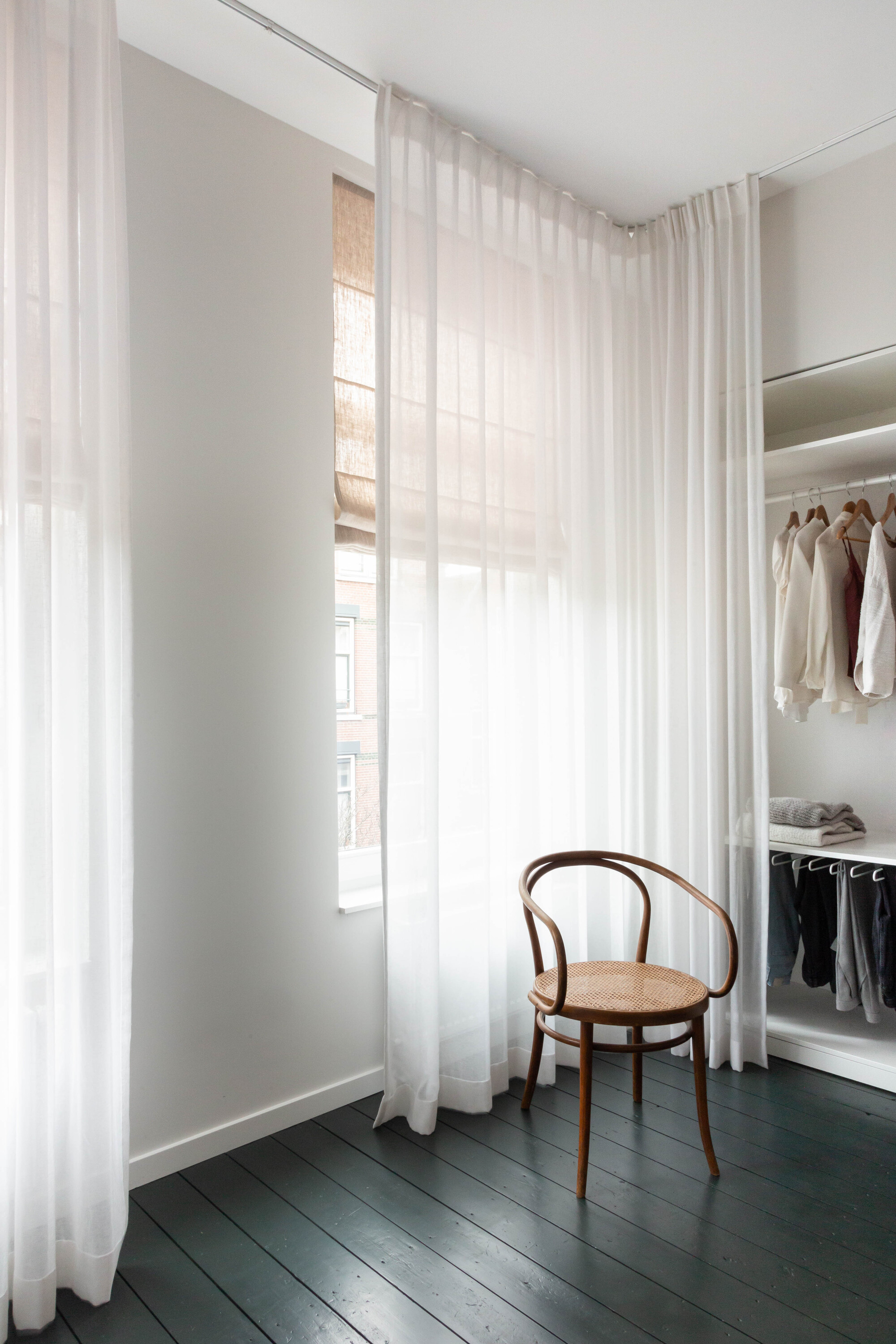
Unless your odd sock is particularly special and you really want to keep it in case the pair ever reunites, it's best to let go of odd or damaged socks you don't plan to repair. Decluttering in 10 minutes or less is simple, and keeping on top of the daily tasks will make laundry far less strenuous.
In most cases, odd socks always miss their counterpart, and a sock developing holes will make your feet ache when wearing shoes over time, so it's time to let them go. "Socks with holes in or ones without mates... and lonely socks which also have holes, these are all something a minimalist would remove from their home once spotted," says Jennifer.
We also recommend getting into the habit of tucking your socks one inside the other when placing them in the laundry basket and untucking them only when loading your laundry machine. This will ensure your socks are always kept together in the same load, so you won't have to locate any stragglers.
6. Used Matches and Tealight
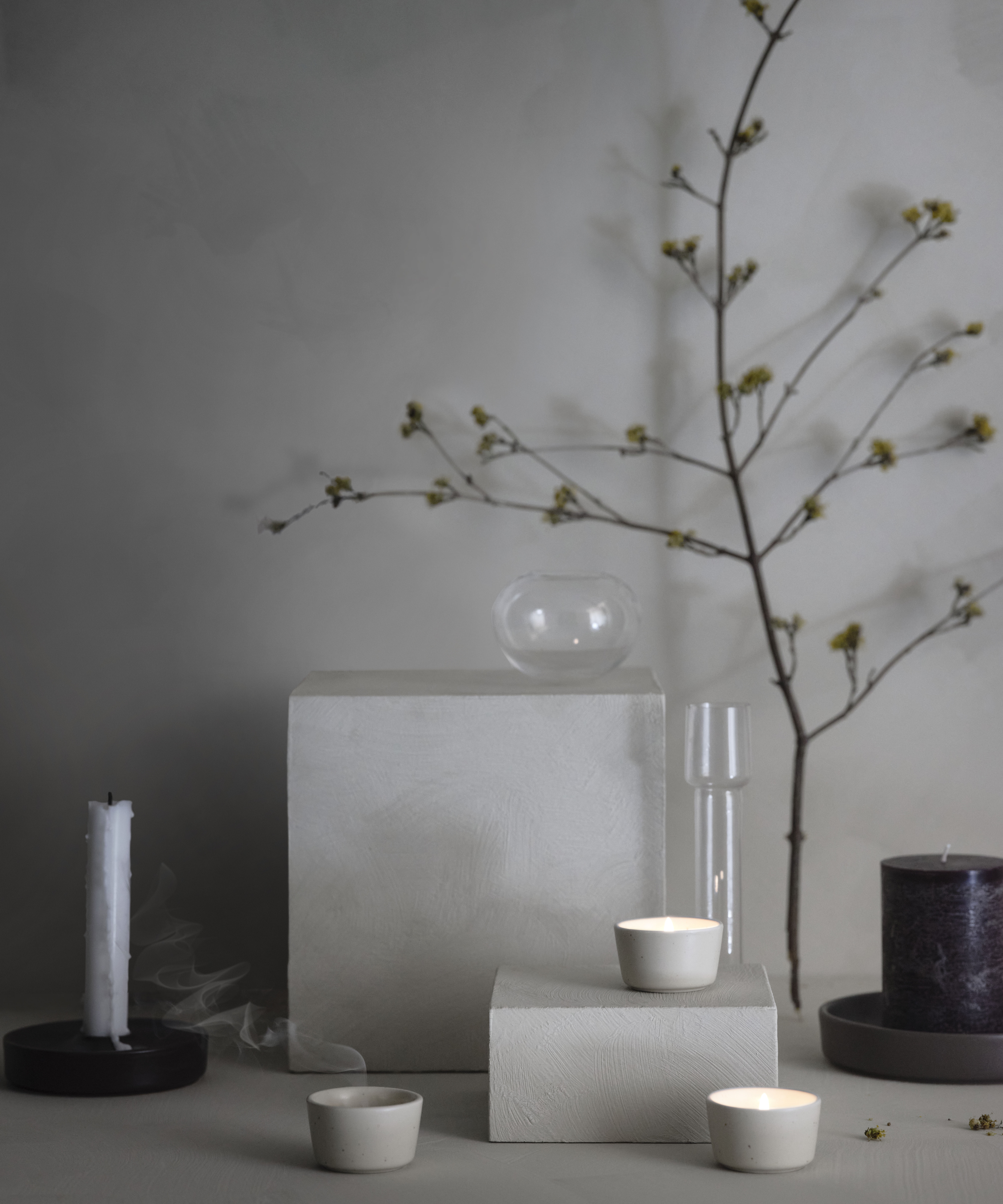
If you're into candles like me, you'll know how quickly used matches and burned-out tealight containers can accumulate on a countertop.
I light a tealight every night and put it in a high-walled candle holder, like the taller ones in the Hewory Tealight Holders Glass Candle Holder from Amazon, to keep the flame safe. However, this means that every morning, I must remember to discard the burned-out tealight; otherwise, more will accumulate.
Toss these out as you use them, or at least make it a morning habit.
7. Extra Buttons
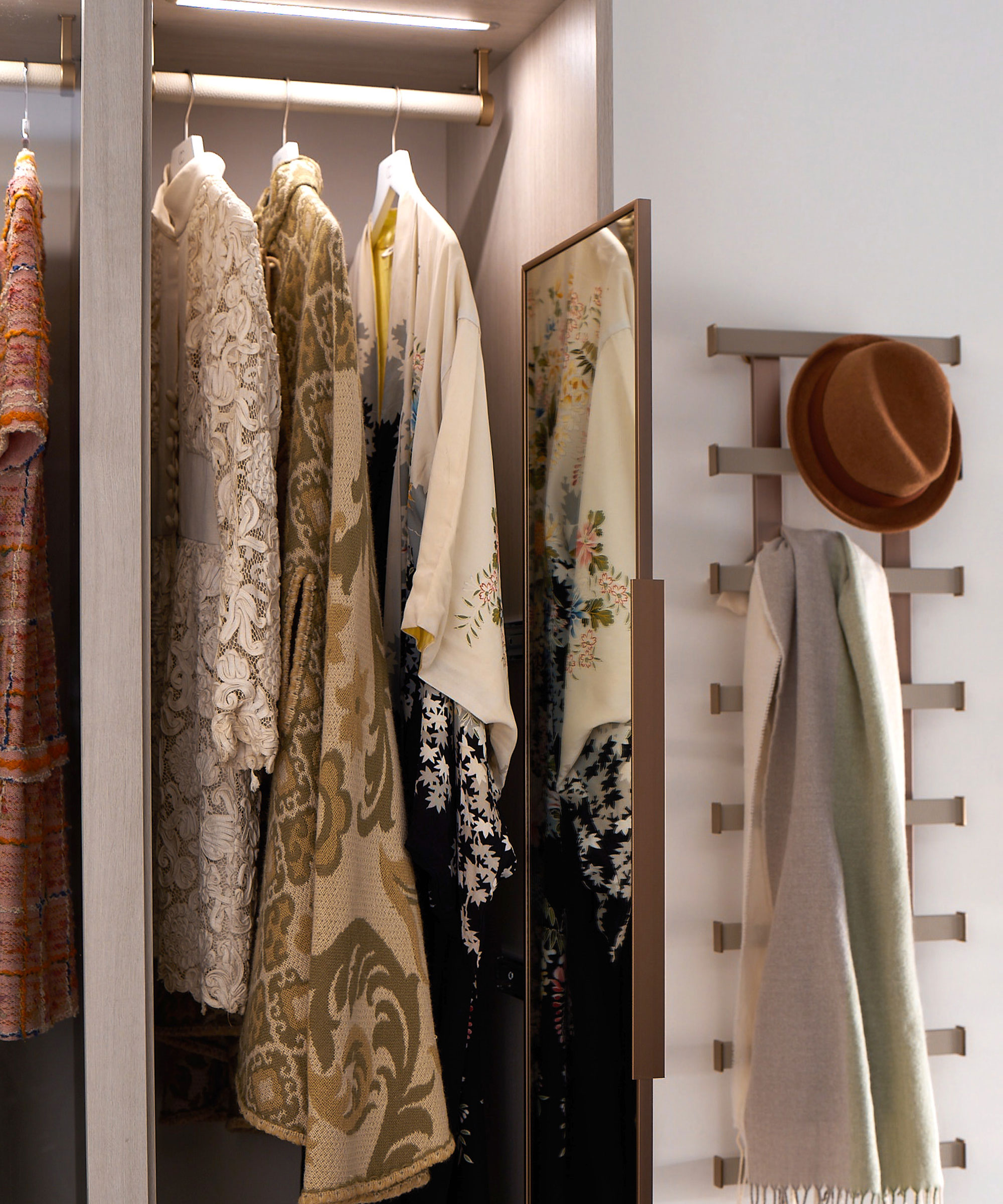
In most homes, when people come across an extra button or two, they find their place in the junk drawer, never to be seen again. But if you know you're never actually going to use them, it's best to declutter them every day as you find them to save yourself from having a bunch of small, annoying clutter in different areas of your home.
"If you don’t sew, toss them all," says Jennifer. "If you do, reduce your supply to keeping some common ones that lots of items have [e.g - plain black] and ones that will be hard to find again."
I keep my buttons in a small container like the Vikrami lighting 3-Pack Tin Box from Amazon. It's compact, takes up very little space, and keeps little items like buttons, safety pins, and bobby pins corralled together, making for tidier drawers and an overall tidier home. Keeping my buttons together also helps me not end up in an 'analysis paralysis' mindset: I'm not plagued by indecision caused by a sea of buttons to choose from in my drawer. I have what I need, and that's enough.
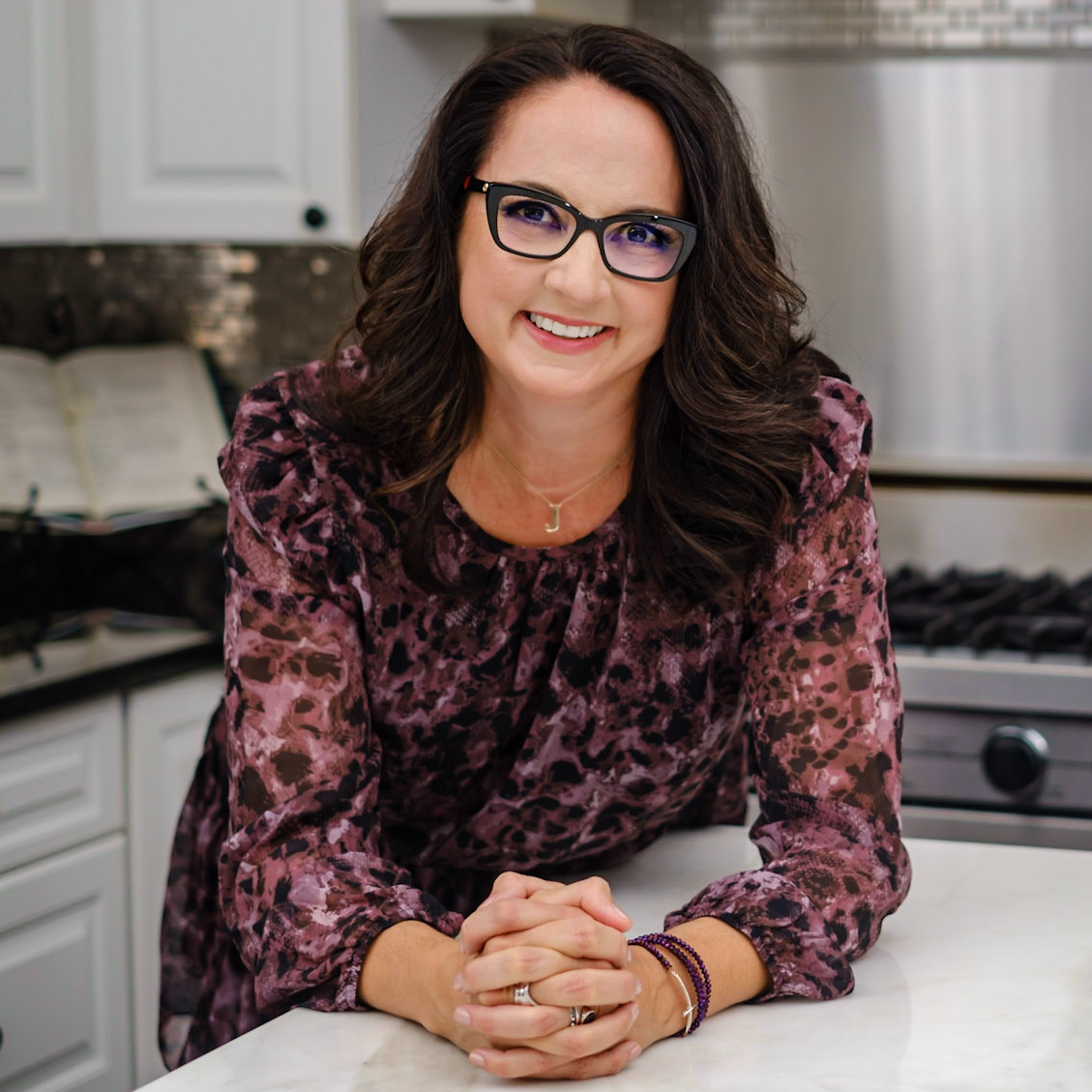
Jennifer Heard is a Becker-certified minimalism coach, and the owner of Clean Sweep Consulting (2006). Clean Sweep Consulting, Inc, is a professional organizing, move management and coaching company located in Rochester Hills, Michigan, serving all of Oakland County, in the suburbs of NW Detroit. Clean Sweep's mission is to take a holistic approach to the challenges of the busy lives we lead, clearing out the excess stuff we all possess and making each of us as efficient and as free as we can be.
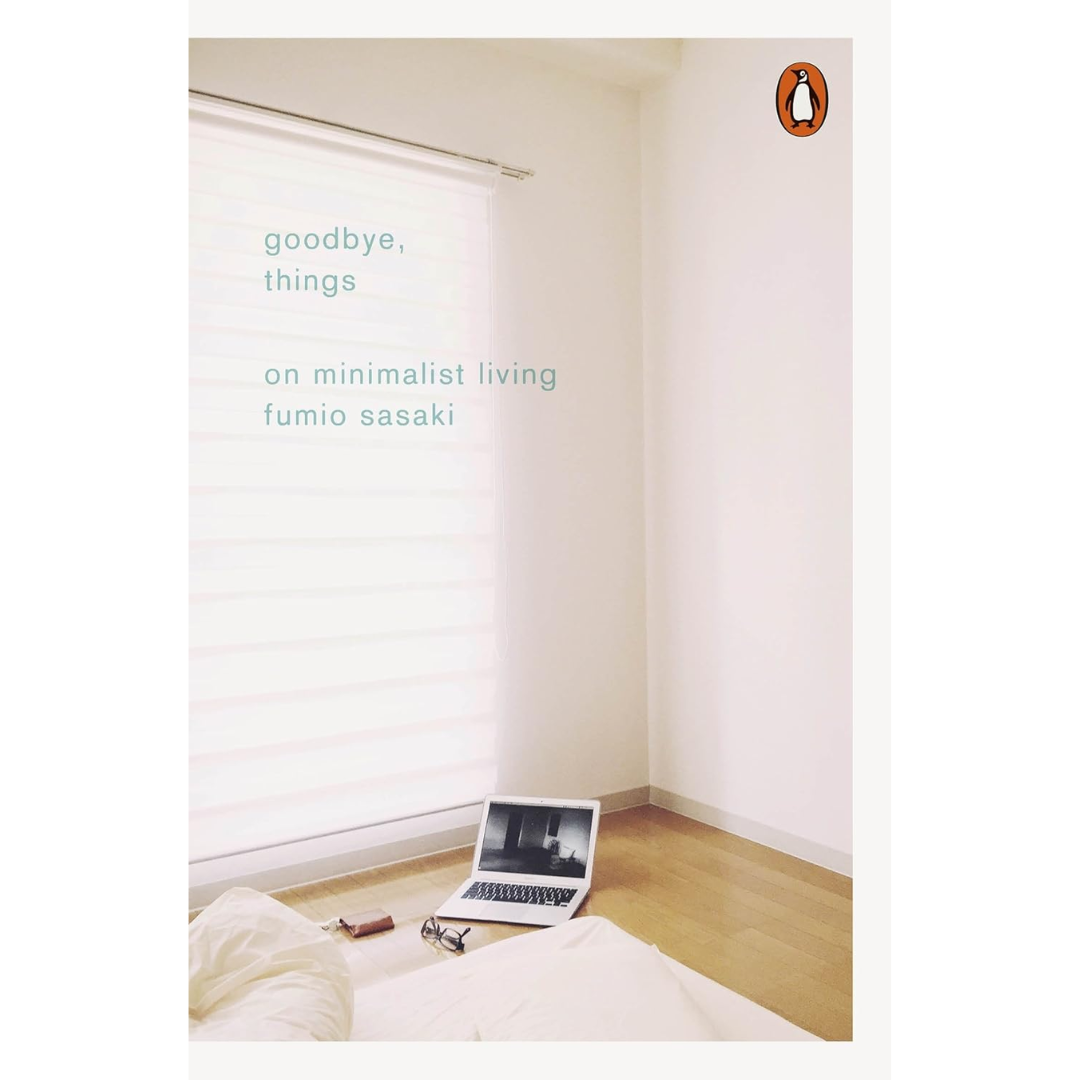
Price: £9.84
Type: Paperback
Synopsis: "Fumio Sasaki is a writer in his thirties who lives in a tiny studio in Tokyo with three shirts, four pairs of trousers, four pairs of socks and not much else. A few years ago, he realised that owning so much stuff was weighing him down - so he started to get rid of it."
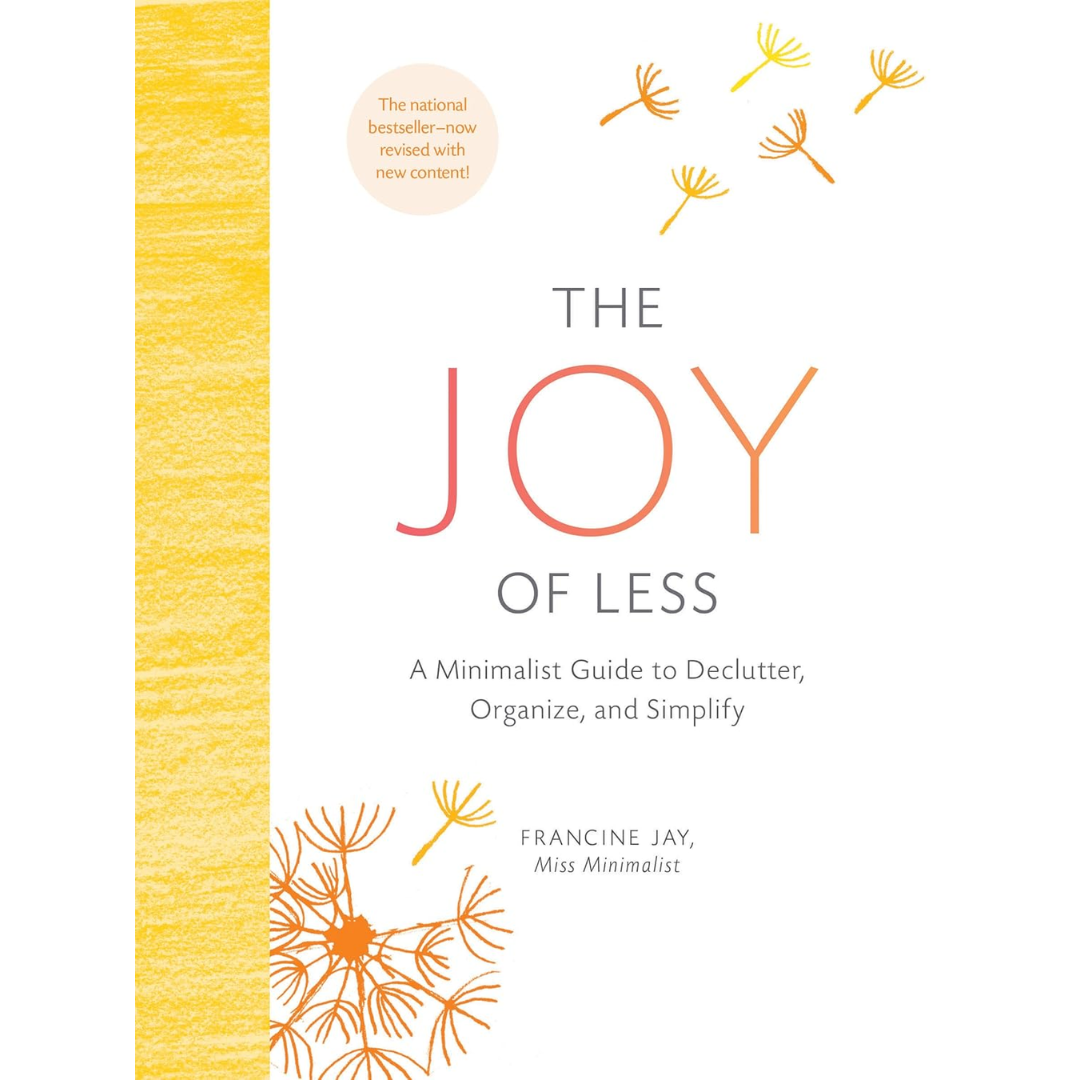
Price: £11.19
Type: Hardcover
Synopsis: "Having less stuff is the key to happiness: Do you ever feel overwhelmed, instead of overjoyed, by all your possessions? Do you secretly wish a gale force wind would blow the clutter from your home? If so, it's time to simplify your life! The Joy of Less is a fun, lighthearted guide to minimalist living."
FAQs
Is it Good to Get Rid of Things You No Longer Need?
Knowing how to declutter when you're overwhelmed is the key to finding a sense of peace in your home and mind. If you are overwhelmed, it would definitely be a good idea to pare down your possessions. Doing so will reduce visual clutter in a space, encouraging more calm and less anxiety. Your home will also be easier to clean and maintain if there are fewer things to maintain within it.
However, as Ben Soreff, a professional organizer and partner of House to Home Organizing, notes, as much as getting rid of things can be beneficial, that doesn't necessarily mean that minimalism is right for everyone. "A large number of my clients express a desire for a more minimalist lifestyle or even claim to be minimalists. However, there are challenges to true minimalism," says Ben. "If you have children, then living very minimally can be difficult. Instead, we urge our clients to think about why they are keeping an item instead of focusing on purging.
People have anxiety when they are not in control, and sometimes they feel that by getting rid of everything, they will be free or, at the very least, in control. However, this is a false equivalency and not the best way forward. We want to think about other factors that matter to us: how expensive something is, how hard it is to get again, if we want and use that item and, in turn, whether it has a home in our home, etcetera, to help us determine if we should keep something."
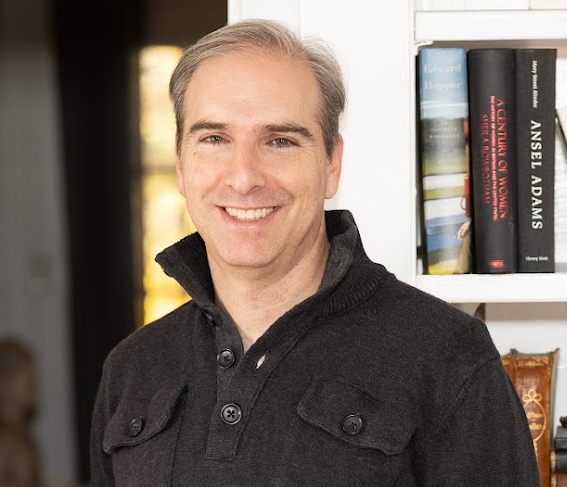
Ben Soreff is a partner at House to Home Organizing. He is originally from Portland, Maine and used to work in film & TV Production. Ben graduated from Skidmore College and has experience with Level 5 Hoarders.
You don't have to become a minimalist to embrace minimalist ideas and strive for a clearer, more streamlined home. If minimalist ideas don't work for you, that's okay! There are so many other decluttering methods and ideas out there, so don't force yourself to declutter if it doesn't feel right or if a method doesn't align with you.
These seven things will help you keep your home less cluttered, little by little. Since they are small and likely not sentimental, they're a great way to start your decluttering journey.

Ciéra is a writer and regional laureate with particular passions for art, design, philosophy and poetry. As well as contributing to Livingetc, she's an Editorial Assistant for Design Anthology UK and a contributing writer for magazines including Homes & Gardens, Apartment Therapy, Ideal Home, House Beautiful, Gardening Know How, The Sun, and Fabulous. Previous commendations of hers include being Highly Commended by The Royal Society of Literature and receiving a prestigious MA Magazine Journalism scholarship to City, University of London.
